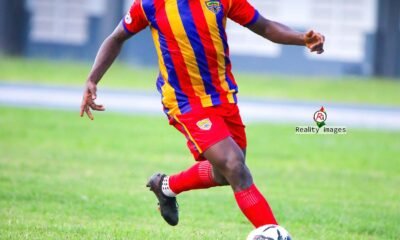Profile
Combing streets, ghettos for emotionally traumatised boys …the story of the ‘Woman King’ and Boy Child Supportive Care Foundation
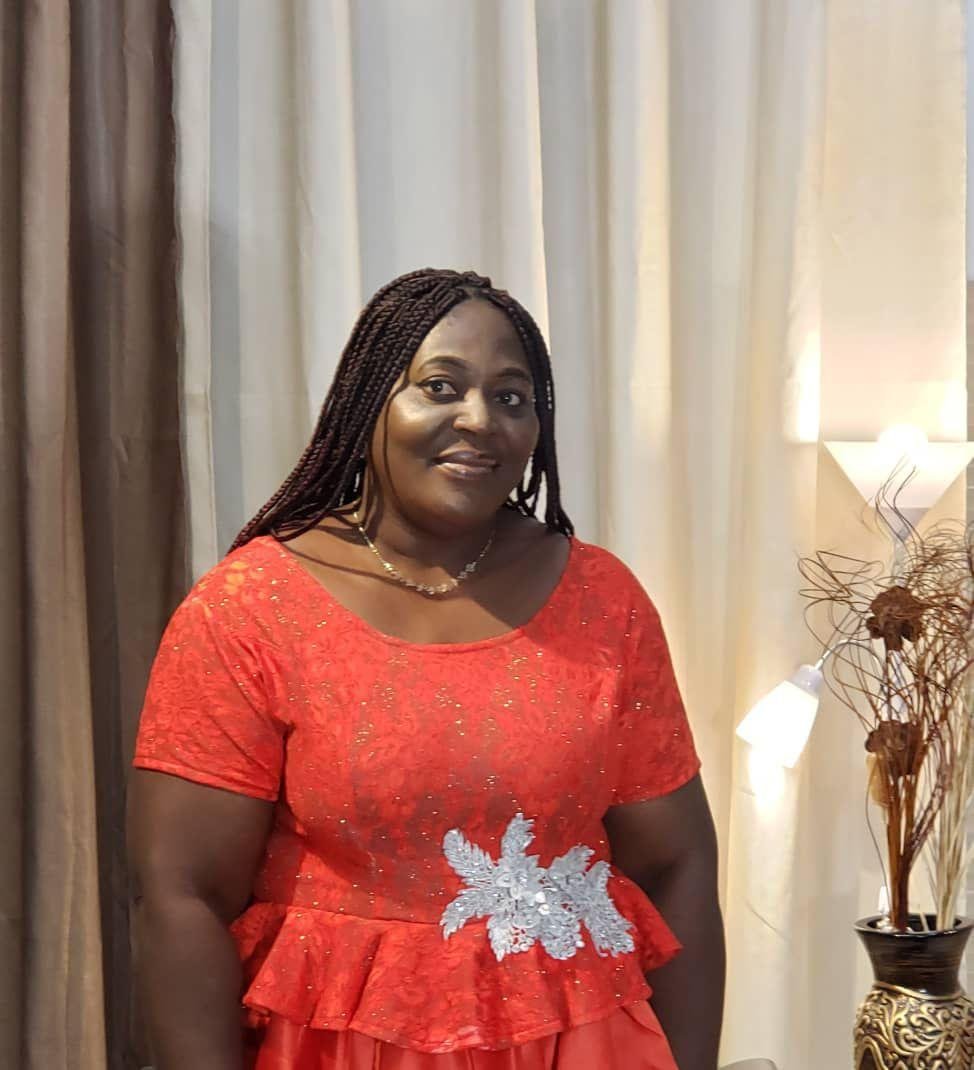
In a society where conversations about the safety and wellbeing of people have always tilted to the side of women and the girl child, one often wonder who cares about the state of the young boys at the same age as the girls.
Boys have been usually considered emotionally and physically stronger vessels, able to go through tough and difficult challenges without the support often enjoyed by girls who go through less or similar trials.
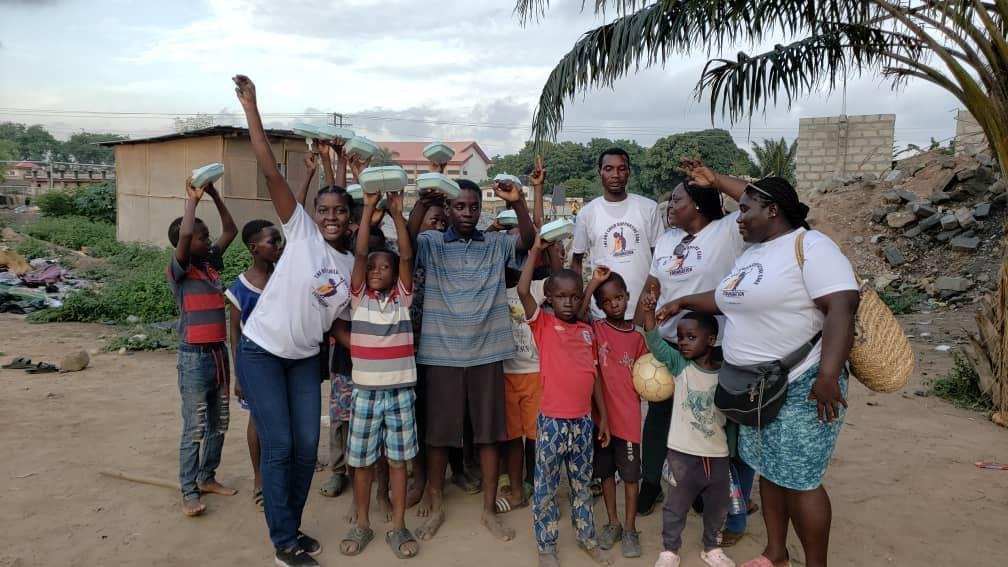
Some of these boys have grown up knowing of a popular Ghanaian parlance ‘barima nsu’, which is literally translated to ‘men don’t cry.’
So, sometimes people don’t realise that behind this show of strength and swagger, lies a soft, emotionally traumatised boy that fears losing his masculinity by bringing out the other part of him.
This was what led to the establishment of the Boy Child Supportive Care Foundation, a little over a year ago, to provide that comforting shoulder for boys to share their concerns.

Even that thought to care for boys came from a woman, Edna Korama Yamoah, popularly known as ‘Woman King’ who stands for the plight of boys and men.
The story behind the Boy Child Supportive Care Foundation is quite fascinating, especially when both boys and men have failed to realise and accept their predicament.
But for the Woman King, boys and men must not see themselves in such struggles as a normal thing.
“You see, boys have been neglected for a long time. We always hear about the girl child. Everything in this society is about the girl child. We think the girls are vulnerable, but boys are more vulnerable.
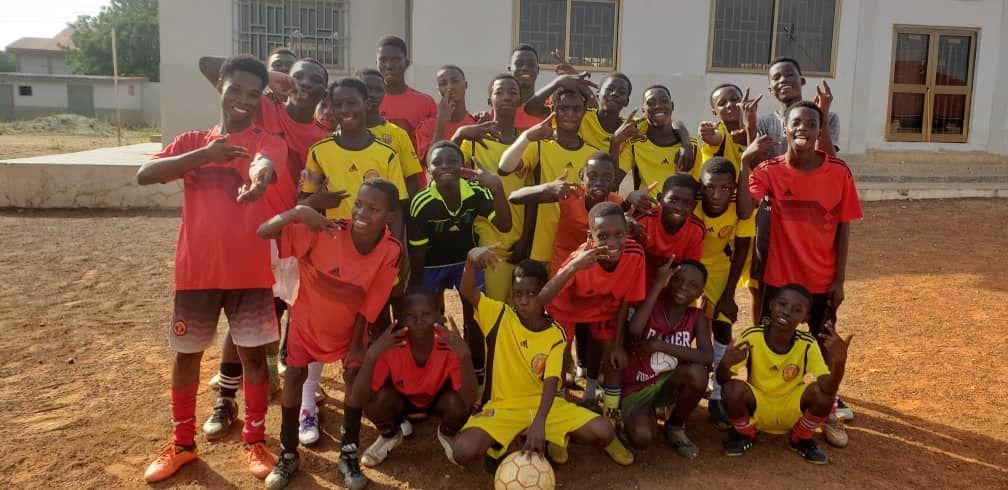
In fact, most boys are more vulnerable than the girls. Boys get so emotional but they hide it because we always know them to be men and not expected to cry,” She explained.
After establishing the foundation, a lot of such boys have been brought together, especially those that are going through emotional problems.
Within this short space of time, the foundation has managed to put about 16 boys in basic school, almost 200 in technical and vocation through scholarship, and has over 150 engaged in sports activities, specifically football and basketball.
Without support from organisations, the foundation has struggled to send these boys to Senior High School (SHS) due to financial challenges, although the SHS is free but without some needed logistics.

According to the Woman King, the work of the foundation requires occasional visits to schools where they talk about issues on mental health and wellbeing.
“We also do charity works. We also do feeding on the streets and ghettos.
“The foundation currently don’t have a hub to house them. That is even not a major concern now since most of them have places to sleep. It’s just that they are poor. They don’t have what to eat, they don’t have what to wear.”
“They are not necessarily street children. These are boys with their families aged between 10-21 years. They are with the families but we see clearly they are going wayward.
“So, we help them with counselling. We do one-on-one counselling. We do interactive counselling. We do that a lot in secondary schools, especially in five schools.
The foundation’s operations are not always smooth as expected because of their backgrounds.
“They are from poor homes. Some are very stubborn as well, and proud. Sometimes you want to help a boy child and he’s like, I’m comfortable where I am. I want quick money. I want to carry goods to get money.
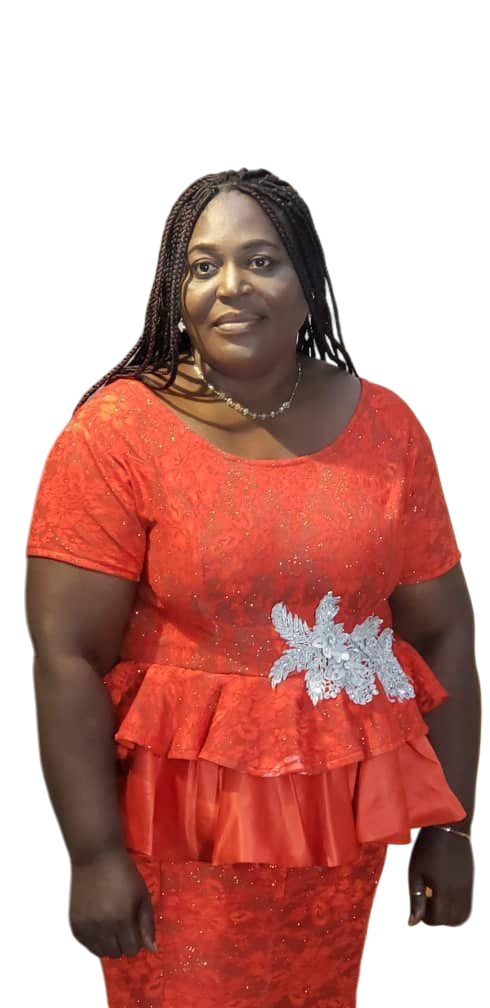
But I have a way of facing them. So, I’m always in kick; every day, I’m in kick. You hardly see me in flashy clothing.
“I go to the gated houses where people cannot go, where the police won’t go. Me, I go there. I go to the ghettos to speak to them.
“I make them feel I’m not against them. Rather, I want to understand them, so they should also understand me.
“Sometimes I cry. Sometimes I just get out of my car and walk along the streets just to look at these boys, how they behave, and their mannerisms,” she narrated.
Woman King has currently written proposals to churches, organisations and philanthropists to find ways to fund these activities that she believes will help a lot of boys realise their dreams.
“I didn’t have any grant. I didn’t even have the idea of writing to do this because we were not even a year old. So we contacted a few people and they started adopting some of the cases.
“So we have people who have adopted the education project. We have only individuals who are taking care of individual boys. They pay their school fees and most of them are in the private schools. Because they want the boys to be in the private schools.
“But after a year, we are collaborating with this big school with the Ghana Atomic Energy Commission.
We are also endorsed by the Ministry of Arts and Culture. We have the endorsement because there is this upcoming project; Arts and Craft. We wanted to do it in the secondary schools, but we realised that Ghana Education Service may delay us,” she stated.
At the sports level, the foundation requires training and remuneration for their coaches in charge of their 14, 16 and 18 football teams.
Woman King is a mother of two girls and believes it is for a purpose that she did not give birth to a boy because her passion has led her to take care of so many of them.
“I feel so good and proud when I see something good coming from my boys. When I see them so happy, it makes me so happy, it makes me feel I am on top of the world.
“I feel good that I have made an impact in somebody’s life, because I see progress. All these boys are transformed.
“And at the end of the day, they all come saying thank you. So it makes me very proud and emotional.”
Womans King’s next agenda is to have a “Books and Stationary Support Festival coming up in the first week of January when schools reopen. We are doing this because I went to some schools, about two or three schools in some villages and the teachers appealed to me to bring them books.”
In this regard, the foundation is calling for support to support these needy school children.
It is the belief of Woman King that the foundation would one day gain international recognition for the good works it is rendering to society.
By Cecelia Yada Lagba
Profile
Africa’s young TV Host interviews M. Dot Taylor, a Grammy member and USA Recording Artiste
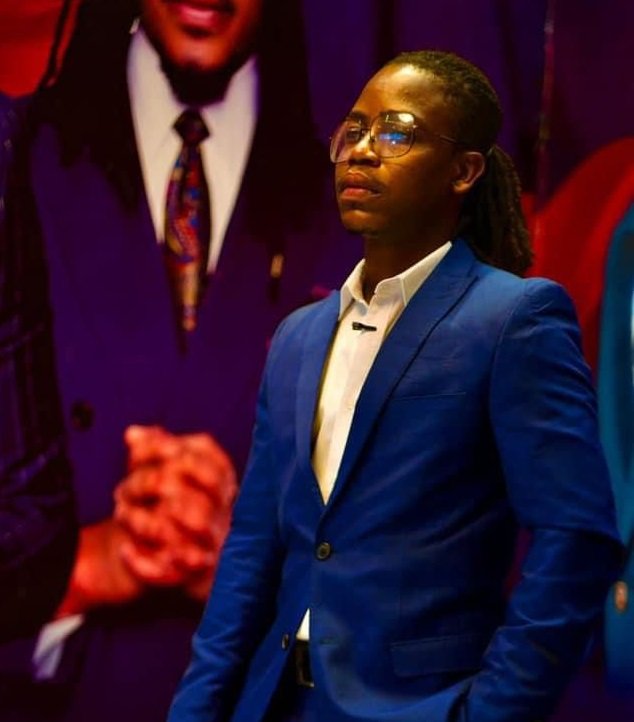
DS De Golden Bhoy
In the heart of Africa, where the sun sets in a spectacular splash of colours and the rhythms of life pulse through the air, a young and dynamic TV host has carved a niche for himself as a prominent TV Presenter, Travel Blogger and International Public Relations practitioner.
His passion for connecting leads and making merit globally has led him on countless adventures across the continent, showcasing Africa’s rich culture, stunning landscapes, and unique narratives.
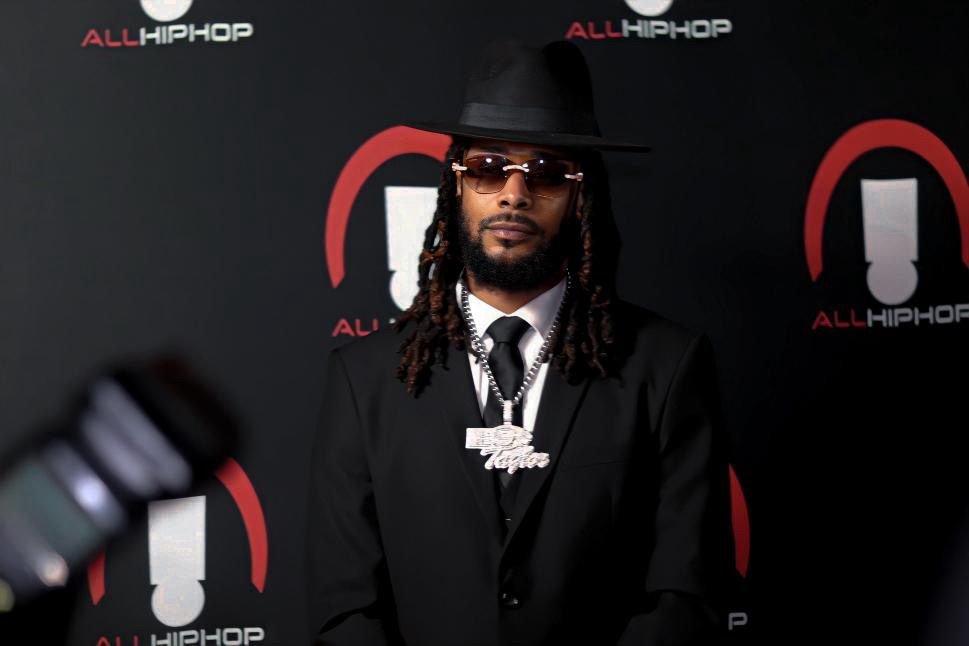
Known as DS De Golden Bhoy, he had a one-on-one interview with M Dot Taylor, a Grammy member and hip-hop artist from the USA, whose music resonates with fans around the globe.
The interview took place on Facebook live adorned with high spirited expectations and hope for the entertainment world, reflecting the fusion of African and American cultures.
As all attention focused on the very important interview, Hollywood-Africa Connect on Addictive Culture on Urban Culture Global, the atmosphere buzzed with excitement.
M. Dot Taylor, known for his thought-provoking lyrics and infectious beats, was eager to share his journey, inspirations, and thoughts on the global music scene.
The young host kicked off the interview by asking M. Dot about Grammy and how impactful it’s been to him and influences in music.
He spoke passionately about the artists who shaped his sound, from legendary hip-hop figures to African musicians who inspired him with their storytelling and rhythm.
As the conversation flowed, the host deftly transitioned to the topic of travel.
M. Dot Taylor, who has toured extensively across the United States and abroad, shared his favourite travel experiences, emphasising how each destination offered a unique flavour that fuels his creativity.
“Travelling opens your mind and heart,” he explained. “It’s not just about seeing new places; it’s about connecting with people, understanding their stories, and finding common ground.”
Grammy Awards Member, M. Dot Taylor also encouraged international collaborations, procedure to get onto Grammy nominations, the kind of project that qualifies, etc.
He stated that “we are ready to empower African Creatives and if any African creative needs a collaboration or needs to know more about Grammy procedure/nomination, they should reach out to DS De Golden Bhoy for extensive discussion.
M. Dot listened intently, nodding in agreement, as they both celebrated the richness of diversity and the power of storytelling through music and travel.
The interview took an exciting turn when the young host asked M. Dot about his thoughts on the future of music and what he has got to say to up-coming artistes.
With conviction in his voice, he spoke about the responsibility that comes with being an artist: “We have a platform, and it’s our duty to use it wisely. Hip-hop/music has always been a voice for the voiceless, and as artists, we can shine a light on the issues that matter most.”
As the interview wrapped up, Dot Taylor expressed his appreciation to key figures who impacted his music journey positively, (Ice T, George Ohan etc) and expressed gratitude to them for their immense impact on his life.
The energy was palpable, a testament to the powerful connection forged through their conversation.
They both recognised that despite the geographical distance, their passions for music, travel, and storytelling bridged the gap between their worlds.
The interview not only showcased M. Dot Taylor’s journey as an artist but also highlighted the importance of cultural exchange and collaboration in today’s global society.
As the young host continues to inspire others with his travels and interviews, he embodies the spirit of Africa’s vibrant youth, ready to take on the world, one story at a time.
M. Dot Taylor promised to touch the African soil soon to help impact positively on the creative industry after the host asked him which of the African artistes he knows, he mentioned Wiz Kid, Davido, Tems, Burna Boy and DS De Golden Bhoy added the likes of Shatta Wale, Stone Bwoi, Sarkodie, Medikal, Kidi, Quame Eugen to the list of artistes he should look out for.
By Spectator Reporter
Profile
Prof. Raphael Nyarkotey Obu …first Natural Medicine Lawyer in Africa

Prof. Nyarkotey
Professor Raphael Nyarkotey Obu, a distinguished naturopathic Professor and an esteemed advocate for traditional and complementary medicine, has made history by becoming the first naturopath in Africa to be called to the Gambia Bar.
Known for his exceptional dedication to advancing healthcare through both legal and technological frameworks, Prof. Nyarkotey is pioneering a new era in traditional and naturopathic medicine.
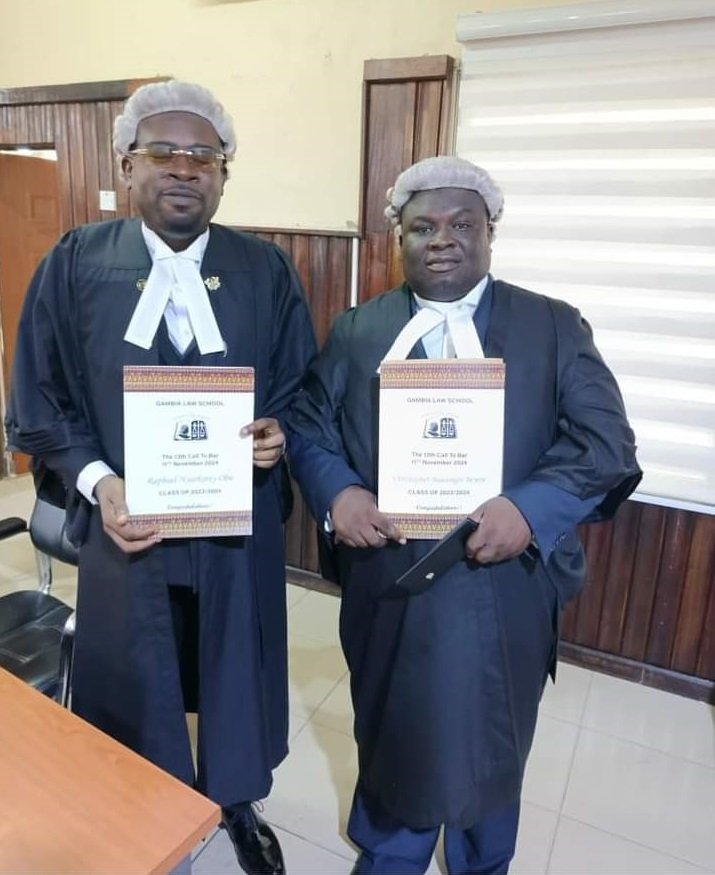
At just 39 years old, he is already transforming healthcare across the continent and using his legal expertise to shape a regulatory framework for traditional and complementary medicine, bringing a new level of professional credibility and public trust to the field.
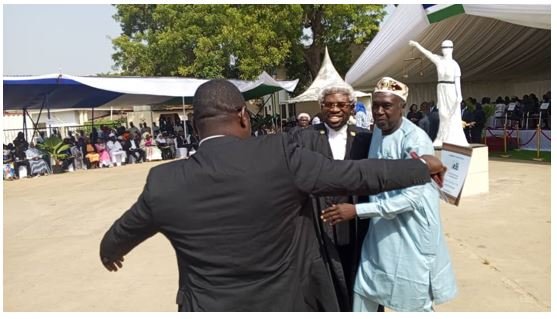
In addition to his recent legal accomplishment, Prof. Nyarkotey serves as the president of Nyarkotey University College of Holistic Medicine and Technology, Ghana’s first naturopathic medical school, which he founded to provide education in holistic health and technology.
His leadership extends further: he led a team to develop Ghana’s first National Occupational Standards in naturopathy and holistic medicine at the HND and BTech levels under the Commission for Technical and Vocational Education and Training (TVET).
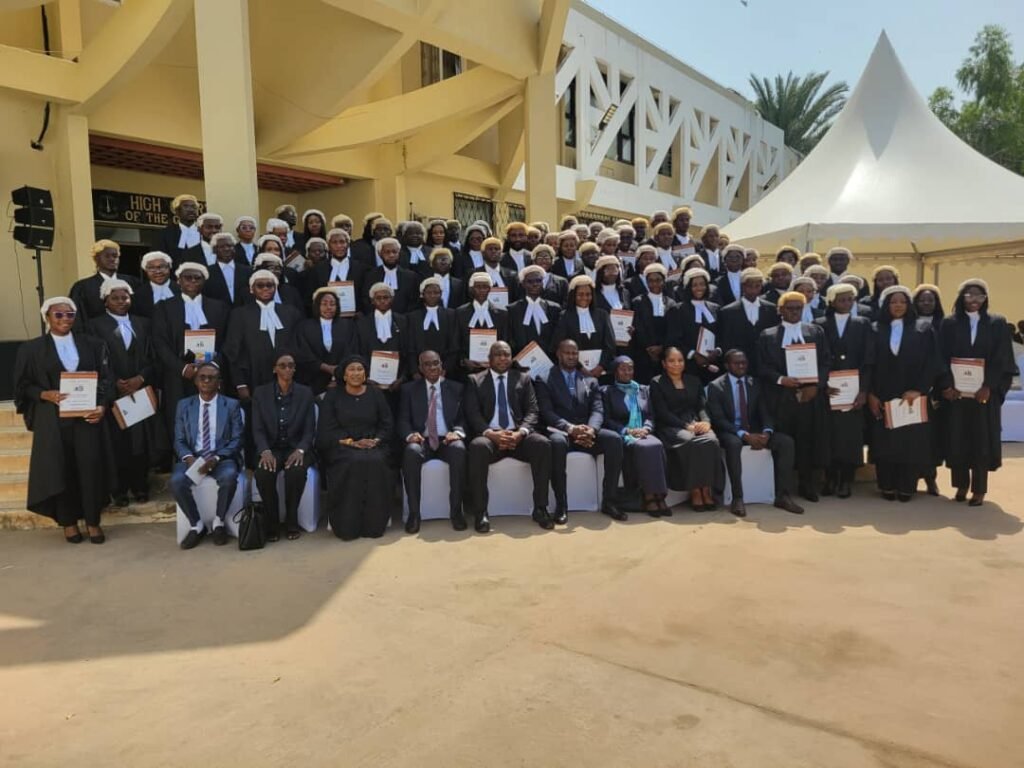
These achievements, along with his work as General Secretary of the Ghana Alternative Medical Practitioner Association (GAMPA) and as part of the research advocacy team for the World Naturopathic Federation in Canada, underscore his commitment to raising standards and advancing the professional development of alternative medicine across Africa.
In the Gambia, Prof. Nyarkotey has supported traditional healers and pioneered evidence-based naturopathic medicine. He also used his legal training days to raise awareness of Gambia’s forgotten herbs and made them popular through his scientific writing.
He has authored so many legal commentaries on the regulatory legislative framework on traditional and naturopathic medicines in the Gambia and Africa.
“With my legal qualifications, I aim to work with various African governments and health organisations to create a unified framework that supports traditional and complementary medicine,” said Prof. Nyarkotey Obu.
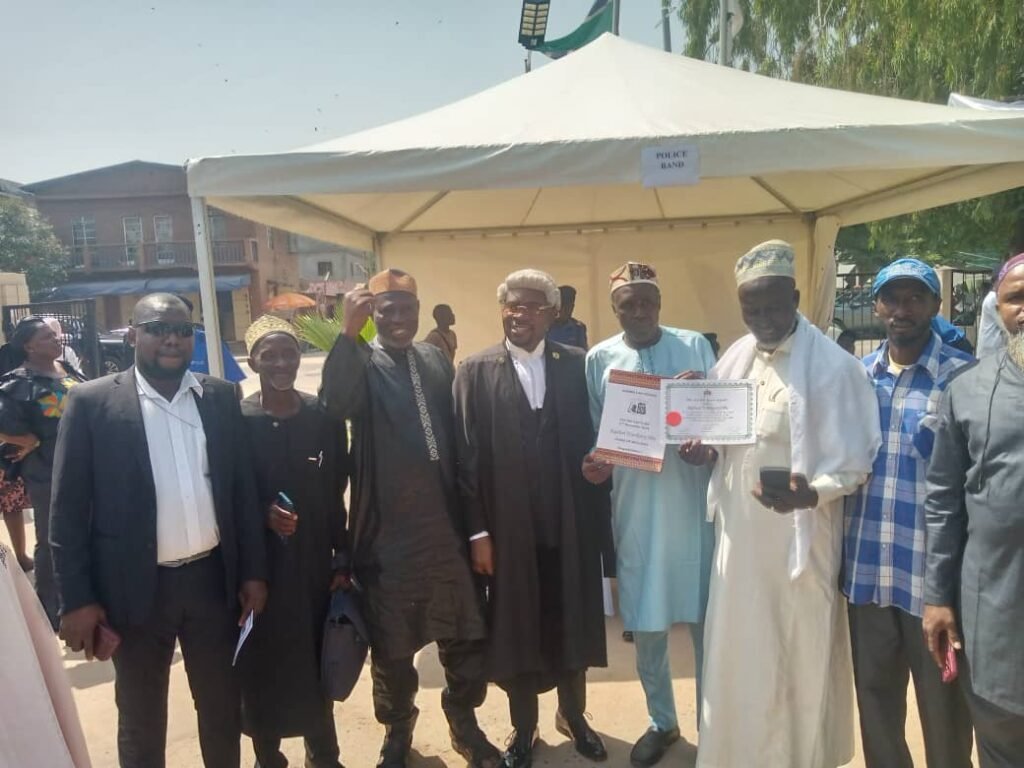
“There is a growing demand for these practices, yet the lack of regulation often leads to misuse and public skepticism. My goal is to bring about a change in how these treatments are perceived and implemented, safeguarding public health and honouring African traditions,” he added.
Prof. Nyarkotey is not only a renowned Naturopath, but also doubles as a Chartered Health Economist and Chartered Management Consultant.
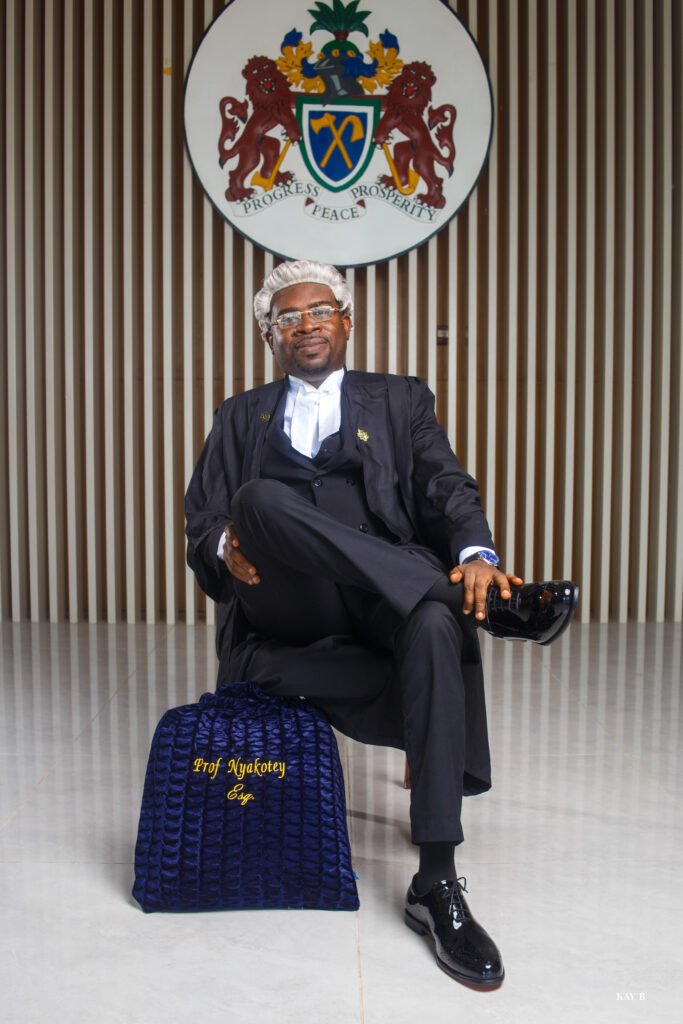
He is also pursuing a second MPhil/PhD in Law and Development at the Institute of Development and Technology Management (IDTM) in Cape Coast, Ghana.
His research focuses on medical negligence and Alternative Dispute Resolution (ADR), an area of critical importance for African healthcare. By promoting ADR, he aims to provide pathways for fair, non-litigious resolutions, protecting both practitioners and patients within traditional medicine.
Prof. Nyarkotey is also at the forefront of exploring Artificial Intelligence (AI) in traditional and naturopathic medicine, investigating ways AI can revolutionise the delivery and personalisation of natural medicines.
This approach promises new, tech-enhanced treatment options for underserved communities, enabling traditional healers to leverage data-driven insights for better patient outcomes.
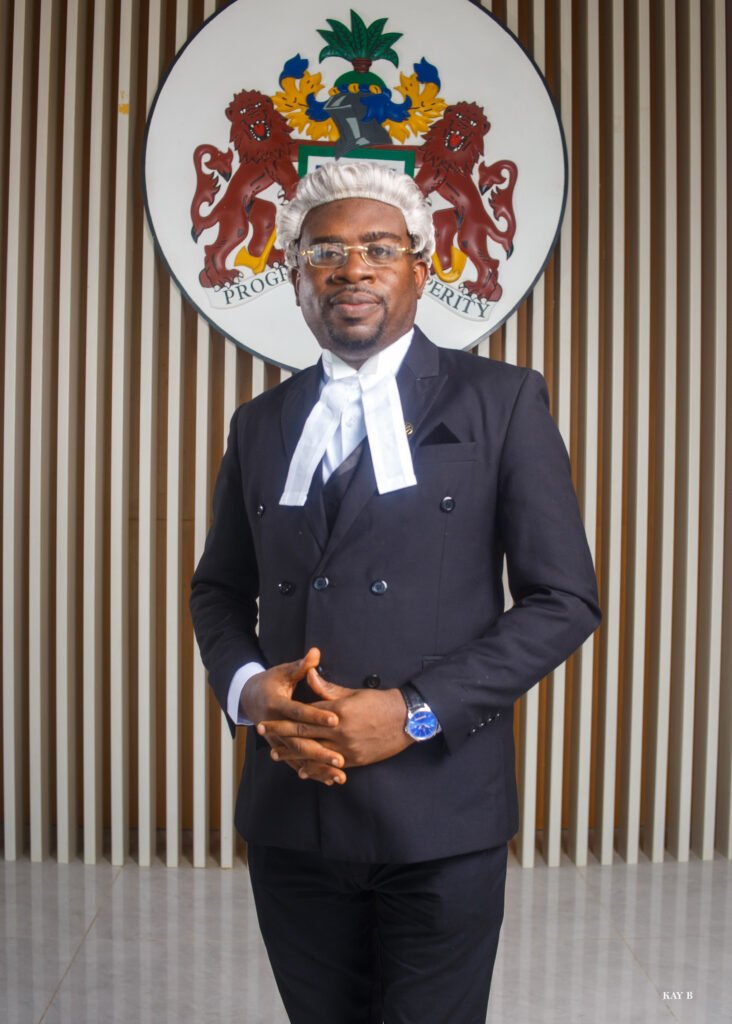
As a deeply committed Christian, Prof. Nyarkotey balances his professional pursuits with a strong personal faith. His determination and leadership have made him a trailblaser, setting a new standard for traditional and naturopathic medicine in Africa.
His upcoming consultancy firm aims to unite healers and legal experts, offering regulatory and technological support, as well as legal protection for traditional healers.
Prof. Nyarkotey’s journey, from founding Ghana’s first naturopathic school to joining the Gambia Bar, reflects his drive to secure a place for traditional and naturopathic medicine in Africa’s healthcare landscape, and building a future where it is both accessible and regulated. His visionary leadership is helping ensure that traditional medicine will be a credible, trusted, and vital part of healthcare across Africa.


